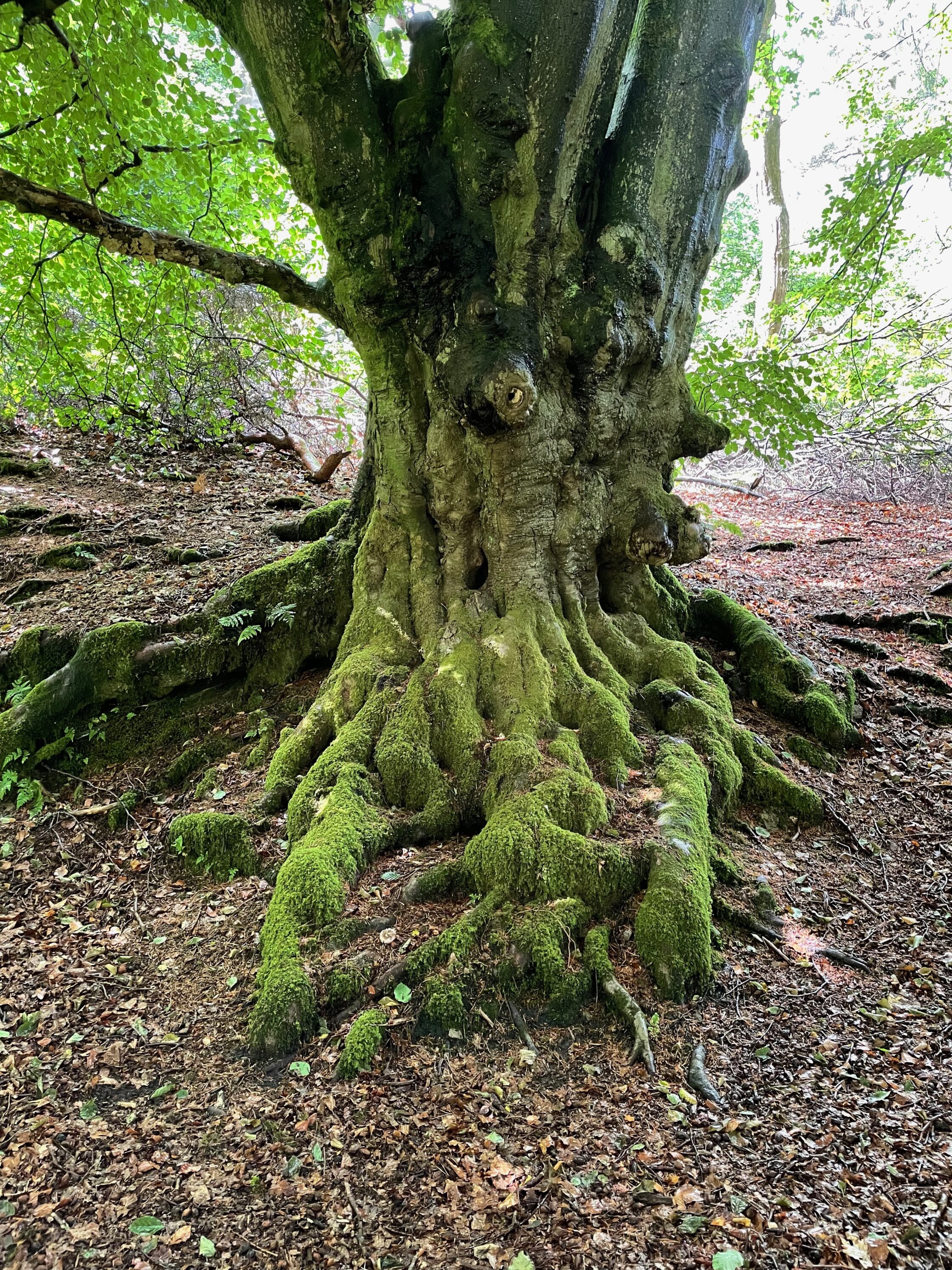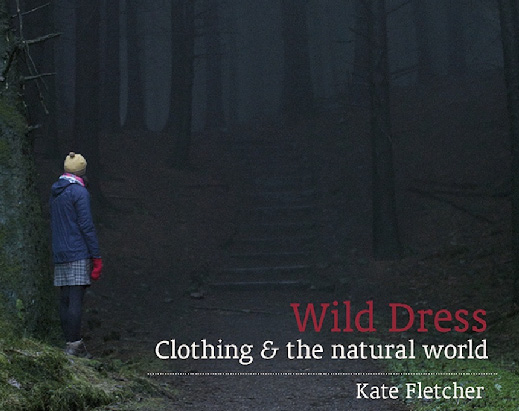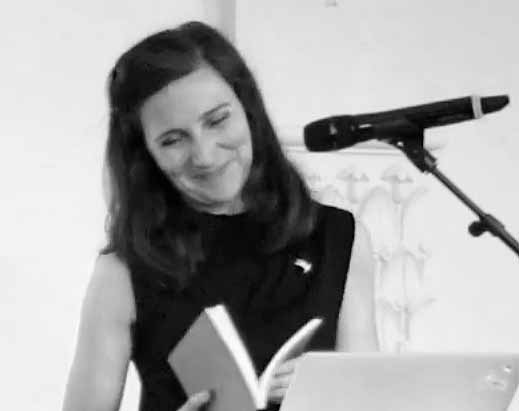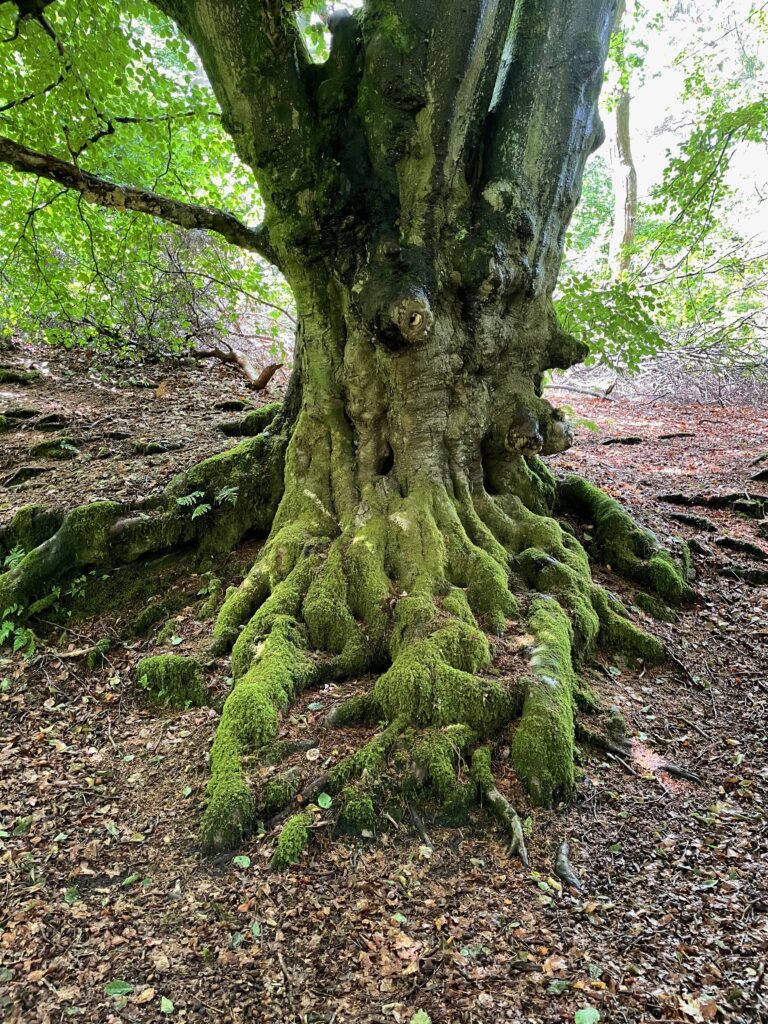
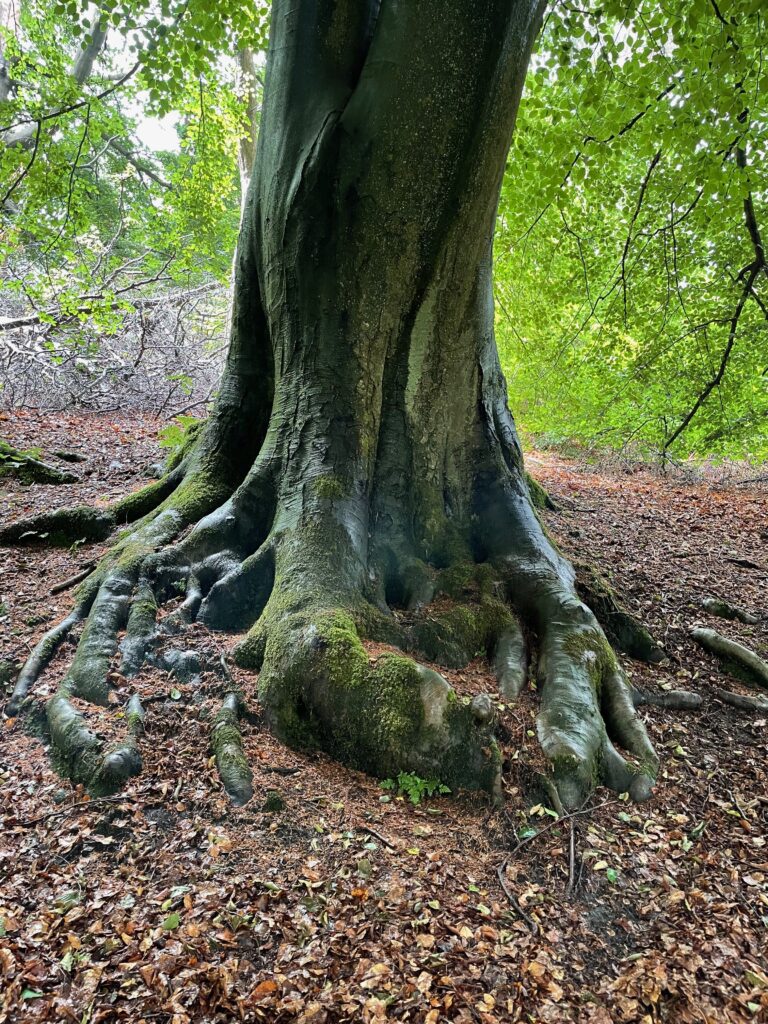
The poet Kathleen Jamie was recently appointed as makar – Scotland’s national poet. In a short piece in The Guardian, Jamie spoke, among other things, about the radical potential of noticing. She even called it a political act. She is right, yet again. Noticing is powerful. It is also a game changer for connecting us to the world around us. And it doesn’t take money or fancy equipment to make it happen. I think it works like this:
Noticing, and by this I mean, actively directing our interest and attention at something – like the place where we live – kickstarts a process of engagement. Admittedly this is often small at first, tiny moments where we suddenly see something we hadn’t before. Like the way sycamore trees hold their heavy summer leaves in florets, like heads of broccoli. Or the ermine down produced by tall thistles and which frost the windows of cars. Or the way that, in late summer, bees and butterflies take over from birds as the sovereigns of the air. Noticing something once can quickly spill over into seeing that same thing again and again or seeing other, similar or different things. Before we know it we start to get drawn into what is going on in all parts of our community and we begin to feel somehow part of it and its unfolding story. It is like spinning a web of attention and holding it wide open to the place where we live. For me, noticing then helps to see our lives as tangled together – me and this thing, part of the same life.
Psychologists have long told us that when we know something better, when something is more real and familiar to us, we are less willing to inflict harm upon it. And that the opposite holds true too: that the greater the distance between us as another thing, person, place or creature, the easier we find it to disassociate, to cause damage, to care less.
Noticing reverses this. It is builds connection, it is a ready ally of caring more. Noticing is a bit like a muscle. We need to flex it, work it, enjoy the power it give us. It is not just useful for caring about the hills and birds, it can also be trained on material goods like for instance, what we wear. Noticing is kin with appreciation, with developing understanding of how a garment is made, what it can do, how it can be worn, washed, worn again, repaired. Noticing is the first step in a bigger journey of valuing and satisfaction across many parts of our lives. This is why noticing is a political act. It is about how we choose to live.

For more on nature relationships and fashion see the books Wild Dress: Clothing and the Natural World and Design and Nature: A Partnership.
